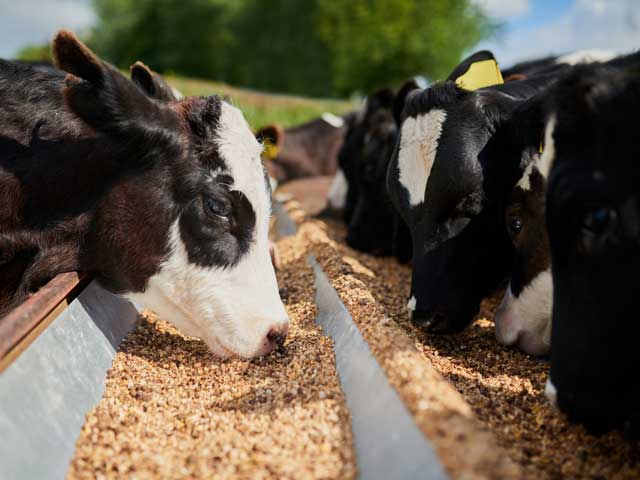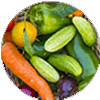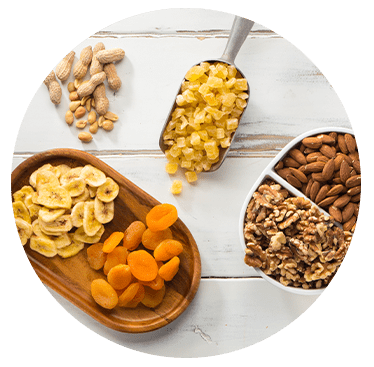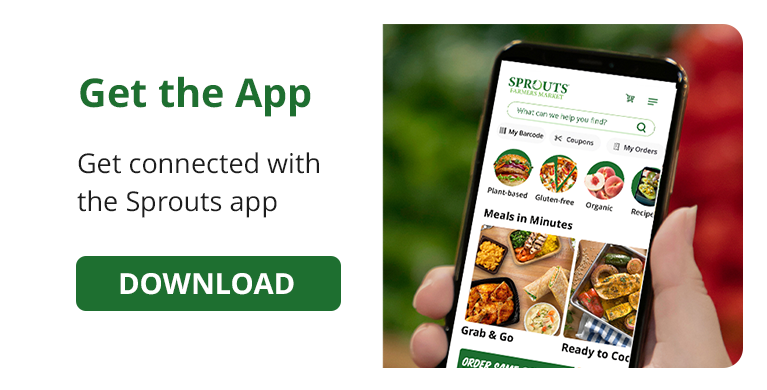Sustainability:
Taking Good Care
Sustainability:
Taking Good Care
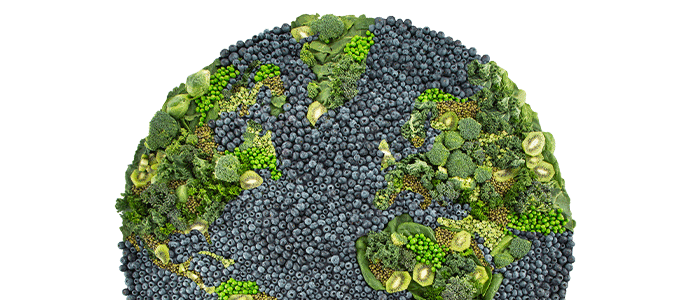
Food Rescue and Waste Recycling
Sprouts is committed to eliminating waste and fighting hunger
in the communities we serve.
In 2021, we repurposed 79,000 tons of food and other recyclables from our waste stream, resulting in an overall landfill diversion rate of 60%. Additionally, our food waste recovery rate was 78%, which includes the equivalent of approximately 26 million meals donated to help those in need!
We take systematic approach to managing waste and recyclables in our operations, which is based on the ISO 14001 environmental management protocol. We’ve identified our opportunity areas to reduce waste and increase recycling rates. Our highest priority continues to be on recovering food that is not in retail condition yet can be donated or repurposed to a higher use. Through multi-stakeholder engagement, we’ve identified best practices for material recovery and developed robust training that engages our 31,000 team members. We track performance through a customized store level scorecard that easily communicates areas of strengths and opportunities for our stores. We are constantly seeking ways to improve and participate in industry working groups such as the Pacific Coast Food Waste Collaborative to drive improvement in our operations and within our industry.
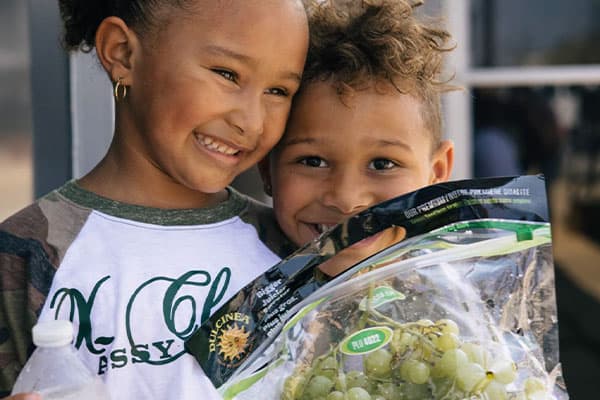
Food Rescue Program
All groceries that are no longer fit for sale but remain perfectly edible and nutrient-rich are donated by our stores and distribution centers to local hunger relief agencies, many of which are affiliated with Feeding America. Across the country we work with over 400 food rescue organizations. These agencies then distribute the donated food to people in need in our communities. Since the inception of the Food Rescue program in mid-2013, Sprouts has donated more than 100 million pounds of food to those less fortunate – that’s more than 83 million meals!